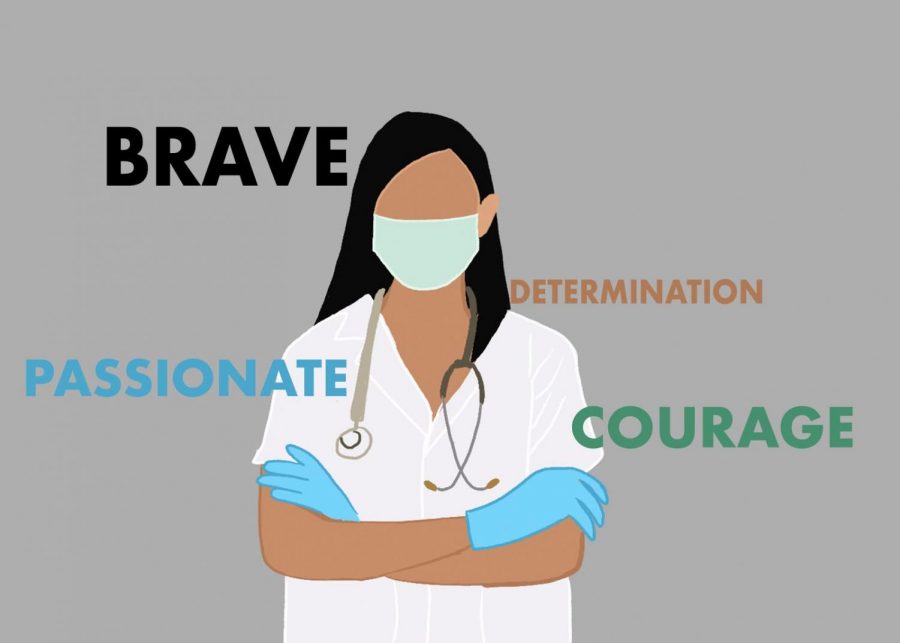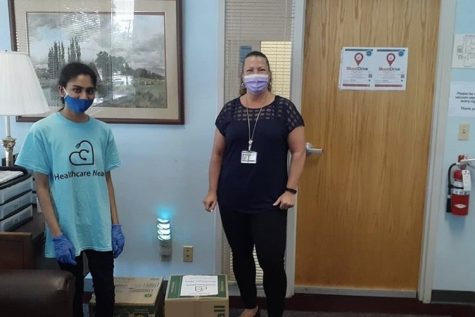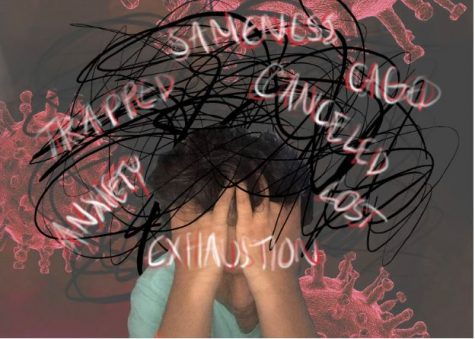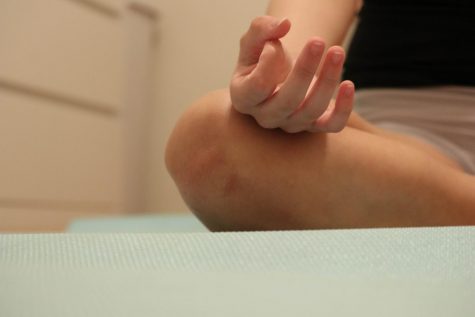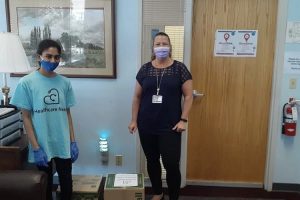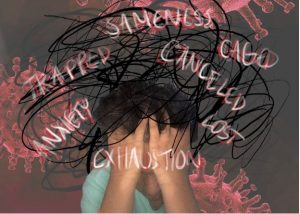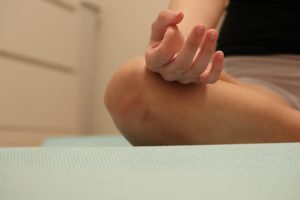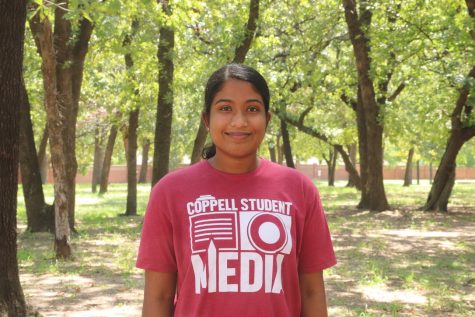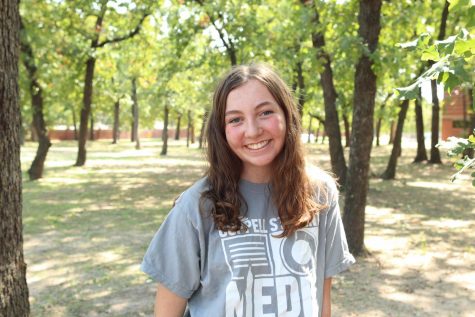Passion prevails over perils in healthcare field
The Sidekick staff writer Varshitha Korrapolu emphasizes that healthcare workers are truly heroes because they continue to fight COVID-19 for the greater good. Korrapolu thinks her interest in becoming a doctor outweighs the dangers that healthcare workers face.
November 20, 2020
Imagine if there weren’t any doctors, nurses, medical assistants, paramedics, residents and people willing to pursue a career in the medical field right now. Where would our world be? How would our world fight this global pandemic?
Healthcare workers are public servants. It is ultimately their responsibility to ensure that the community is wholesome, safe and joyous.
COVID-19 has been brutal to all humans regardless of economic status, gender and race. Most people haven’t been able to see their loved ones for quite a while.
Currently, medical professionals are being stretched to their maximum capacity due to the global surge in COVID-19 cases. This has resulted in a decrease in healthcare employment because of the pressure and mental toll the pandemic has placed on healthcare professionals. Added stress is never a benefit, as it could lead to dangerous, life-threatening mistakes in the healthcare field.
Although COVID-19 has added a significant amount of tension and distress on healthcare workers, they continue to fight this pandemic for the safety of their families and the world’s well being. These people are risking their lives to help others overcome this potentially lethal virus. They are working long hours and constantly worrying about their family’s health, but they continue to fully play their part in hospitals and assist people who have contracted the virus.
Pressure. Anxiety. Risk. Death. These are just a few risks that a medical professional regularly encounters. If a global pandemic is added to the list, how would aspiring doctors like me feel?
I have a vehement passion for becoming a neurologist.
Ever since I was little, I always imagined myself with a career in medicine. I knew I was innately destined to become a doctor because I wanted to be that doctor who put a smile on patients’ faces. I knew it was the right career for me because anatomy and physiology always enthralled me. Working towards fulfilling my desire to become a doctor is the right way for me to serve the community.
When I looked at pictures of healthcare professionals’ depressed, worn out faces after working in COVID-19 wards in hospitals, I wasn’t scared or shocked. I felt that these people deserve all the goodness and respect in the world because they are sacrificing their lives to help others who are sick.
That is my impetus to become a doctor, to save lives from impeding, destructive diseases.
When I was younger, I had pneumonia, so I understand how traumatizing it can be to have an illness. Pneumonia affects the respiratory system because the air sacs in the lungs get inflamed, and there could be pus filling the air sacs, which results in coughing. I was around 5 years old when I got pneumonia, and it strained my body by weakening my immune system, making me more susceptible to other diseases. I vividly remember crying in the middle of the night about getting sick because it is a painful and horrible thing.
I know that getting sick is not pleasant. Watching people die helplessly isn’t satisfying, even though it happens in hospitals. Working in the medical industry is difficult partly due to the amount of suffering and death healthcare professionals witness. COVID-19 has been a burden on hospitals not only because it is spreading quickly, but also because of the immense amount of people passing away in hospitals. However, I still want to become a neurologist to reduce the amount of tragedy and loss seen in hospitals by developing more efficient treatments for neurological disorders.
I know the journey to becoming a doctor is rigorous and challenging, but there is a raging thirst in me to achieve the feat. In the end, all the hardwork and effort will be worth it as I would be contributing to the greater good of the community. I always enjoy making people happy and the look on people’s faces after they recover from a disease will definitely be satisfying.
Determination and love for something is always greater than the perils and negativity, whether those perils are working extra hours or working during a global pandemic. Analyzing medical reports, evaluating treatment options and supporting patients to defeat diseases indubitably outweigh the risks and dangers involved.
To all aspiring medical professionals, do not give up on your dreams despite the challenges COVID-19 has thrown at hospitals, instead work towards pursuing your desired career.
Follow Varshitha (@varshitha1128) and @CHSCampusNews on Twitter.



